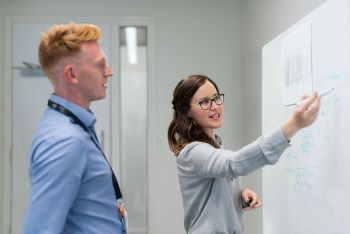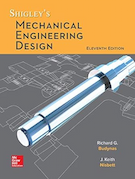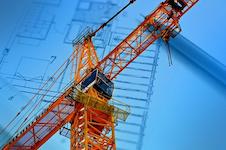The Importance of Communication Skills for Engineers
As the world becomes increasingly complex and technology continues to advance at a rapid pace, the role of engineers becomes increasingly critical. They are responsible for designing, building, and maintaining the infrastructure that forms the backbone of modern society. However, despite the obvious need for technical skills, engineers must also possess strong communication skills in order to succeed. Effective communication is essential for engineers to work effectively with their colleagues, communicate with clients, and present their ideas to stakeholders.

The Importance of Communication Skills for Engineers
Good communication skills are particularly important for engineers, as they must often work in teams and collaborate with individuals from diverse backgrounds. This includes other engineers, project managers, and stakeholders from various industries, each with their own unique perspectives and demands. To effectively collaborate and achieve common goals, engineers must be able to communicate clearly and effectively with their team members.
Presenting Ideas to Clients and Stakeholders
In addition to working with others, engineers must also be able to present their ideas and designs to clients, stakeholders, and the public. This requires excellent presentation and public speaking skills, as well as the ability to translate complex technical concepts into terms that non-technical individuals can understand. This is critical, as the success of an engineering project often depends on its ability to secure funding, regulatory approval, and public support.
Developing Active Listening Skills
There are several strategies that engineers can use to improve their communication skills. First, it is important for engineers to develop their active listening skills. This means paying close attention to what others are saying and asking questions to clarify understanding. This can help to build trust and foster open lines of communication.
Improving Written Communication Skills
In addition to active listening, engineers should also focus on improving their written communication skills. This includes writing clear and concise emails, reports, and technical documents that are easy to understand. Engineers should also seek feedback from their colleagues and superiors, as this can provide valuable insights into areas where they can improve their writing skills.
Nonverbal Communication
Another important aspect of communication is nonverbal communication, including body language and tone of voice. Engineers should be mindful of the messages that they are sending through nonverbal cues and strive to project a professional and confident demeanor.
Seeking Development Opportunities
Finally, engineers should seek opportunities to develop their communication skills. This can include taking courses in public speaking, writing, and interpersonal communication, as well as participating in workshops and training programs.
Continuing Education for Communication Skills
Continuing education can play a significant role in helping engineers to develop their communication skills. This could involve taking courses in professional writing, public speaking, or interpersonal communication. It could also involve attending workshops and training programs that are specifically designed to help engineers improve their communication skills. These opportunities allow engineers to not only learn new skills, but also to practice and receive feedback in a supportive environment.
PDH Classroom offers a suite of online continuing education courses tailored to engineers. These courses can be used to fulfill PDH credit requirements for maintaining your PE license, or just as a part of staying ahead in your field.
Effective communication skills are crucial for engineers to succeed in today's complex and rapidly changing technological landscape. Whether working with colleagues, communicating with clients, or presenting ideas to stakeholders, engineers must be able to communicate clearly and effectively. By actively developing their communication skills, engineers can not only improve their performance, but also their chances for advancement and success. Through continuing education, engineers can gain access to the resources and training they need to develop these critical skills.




